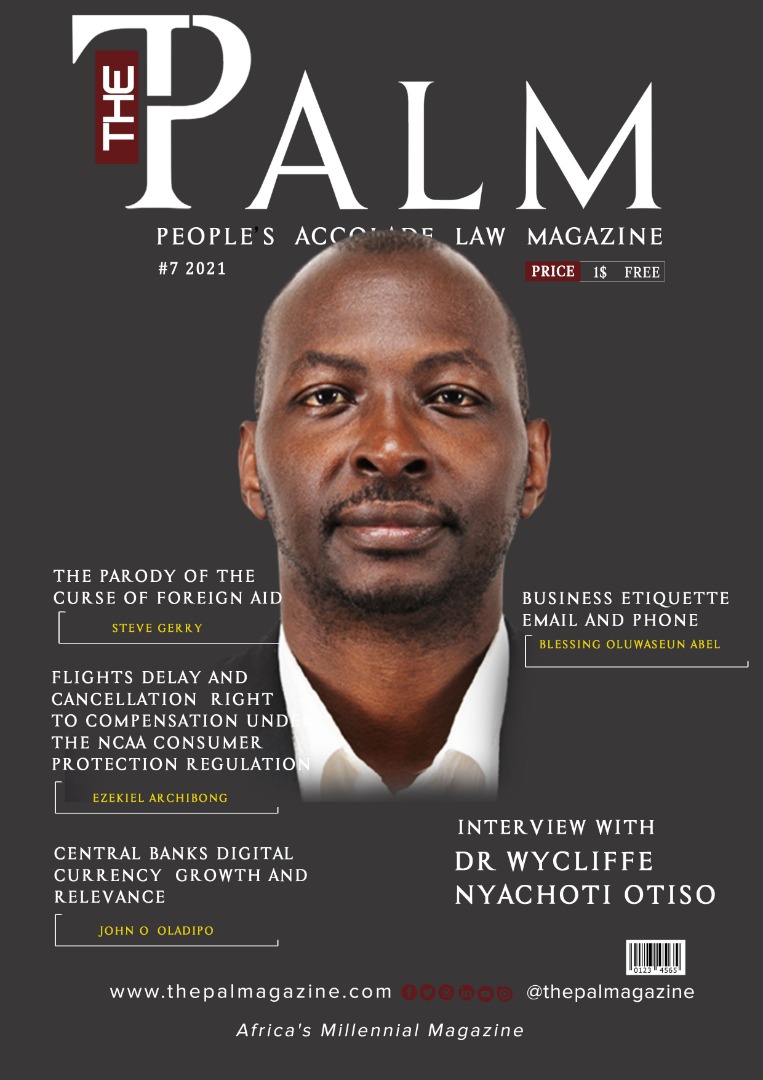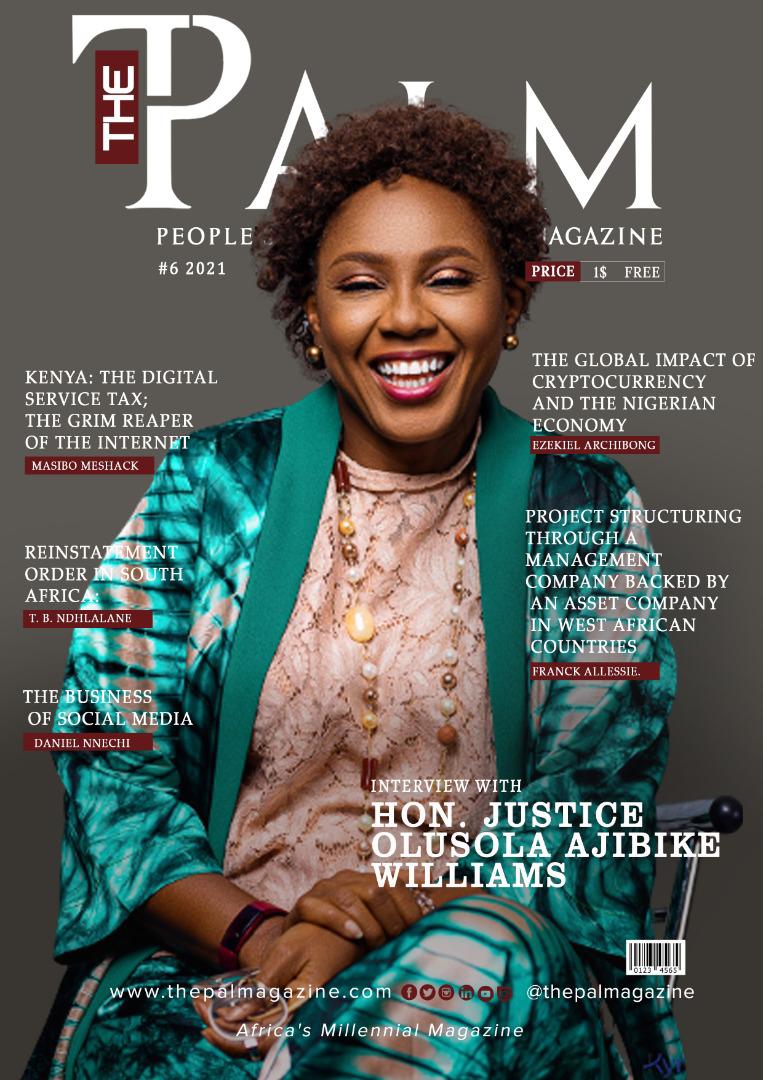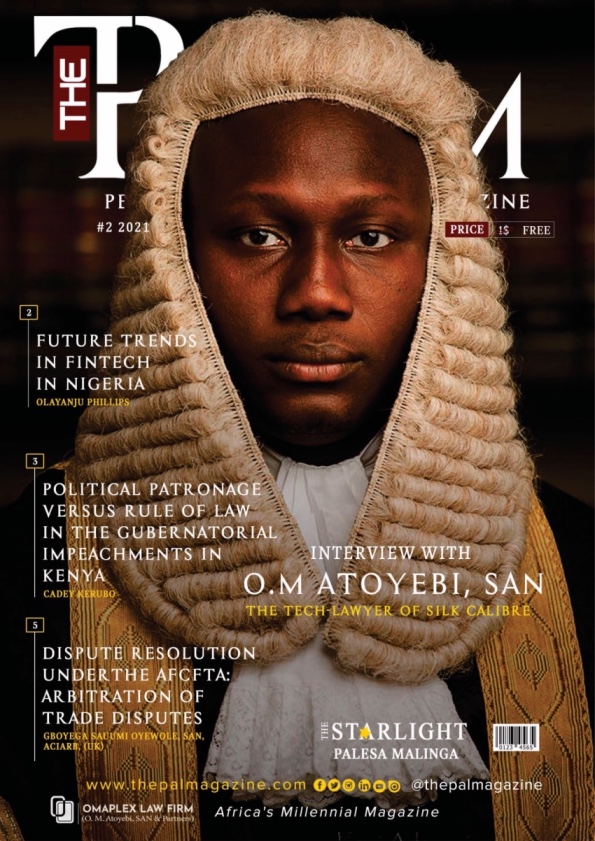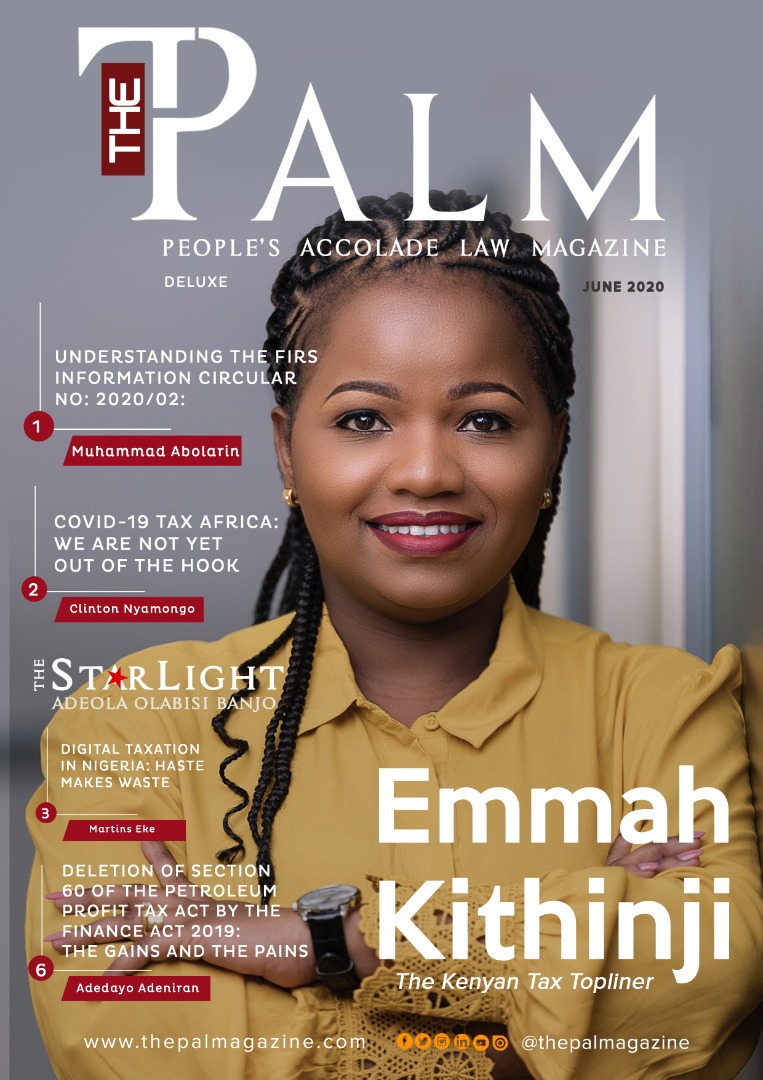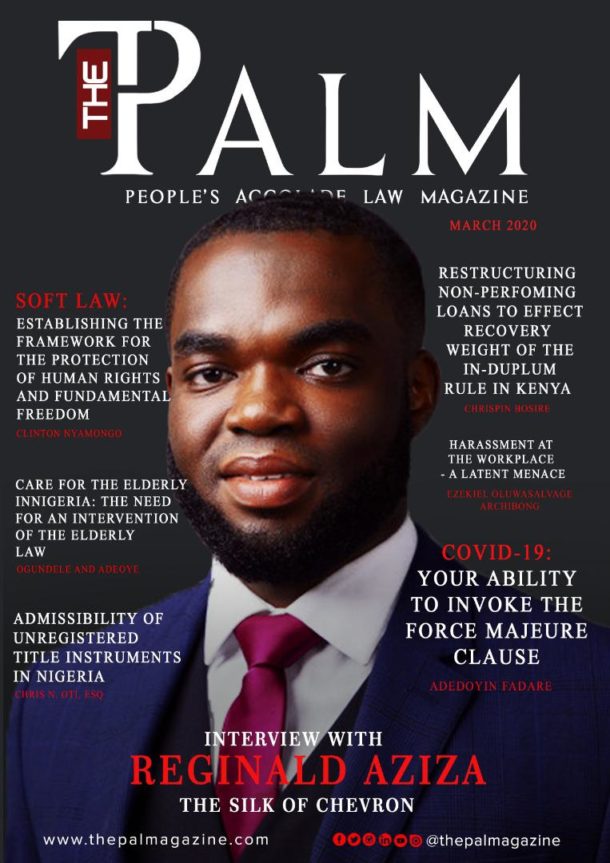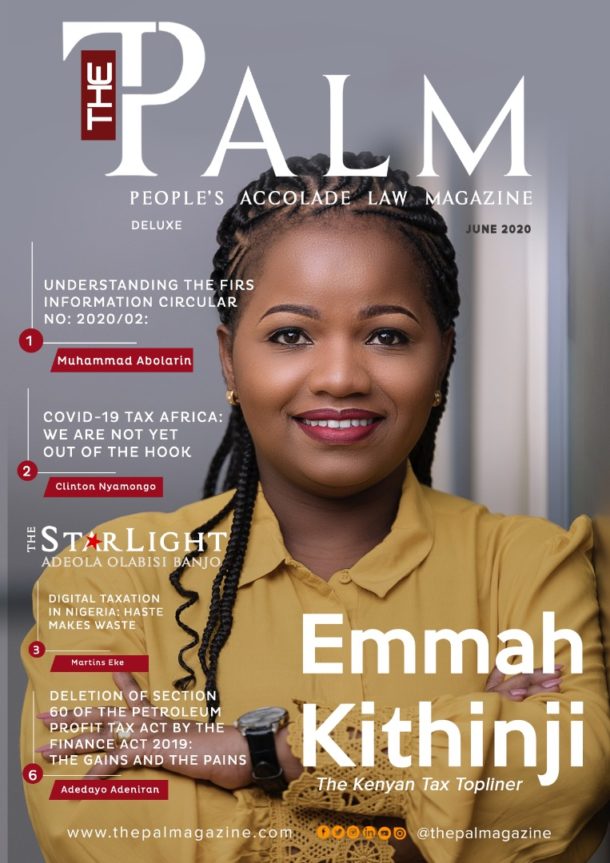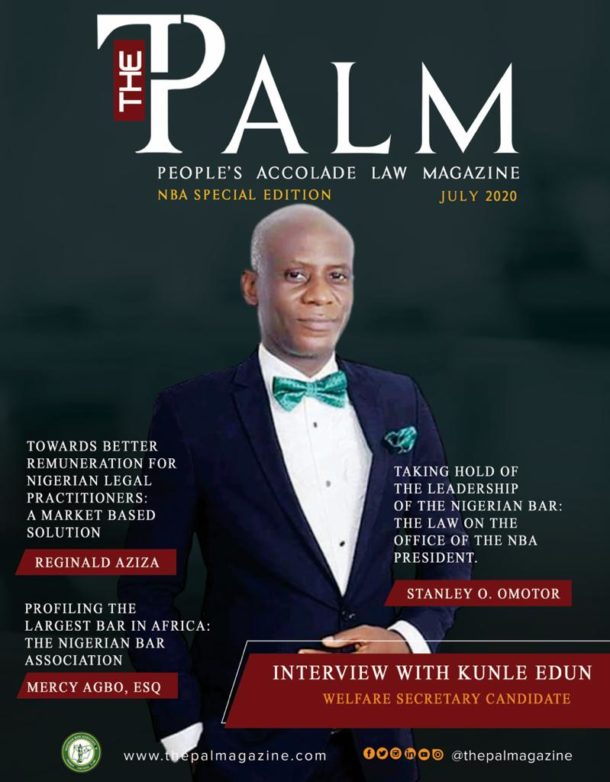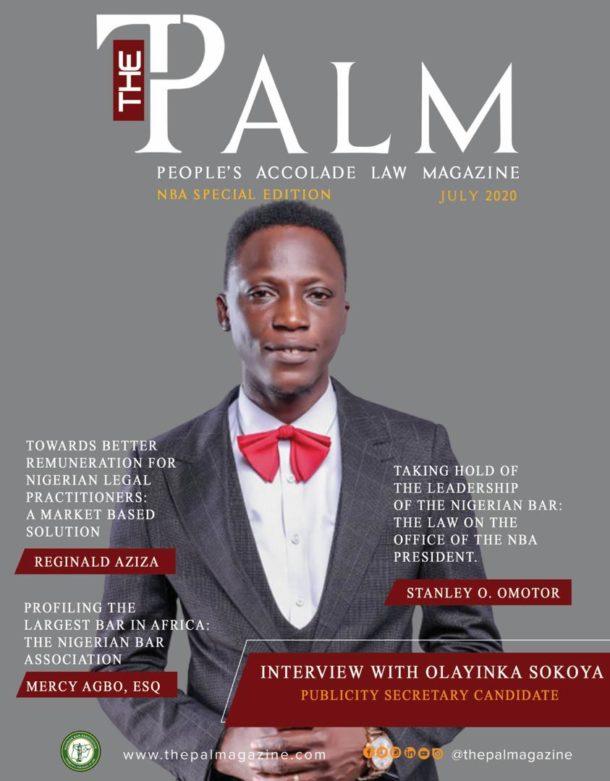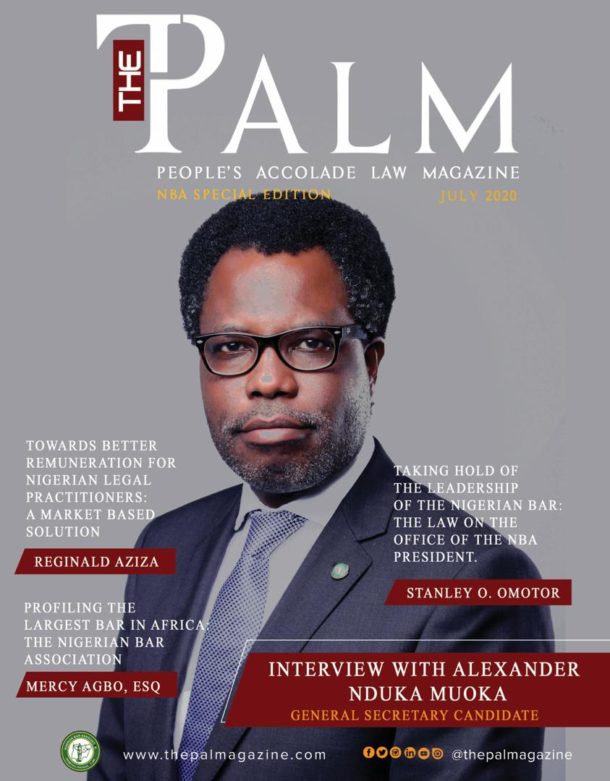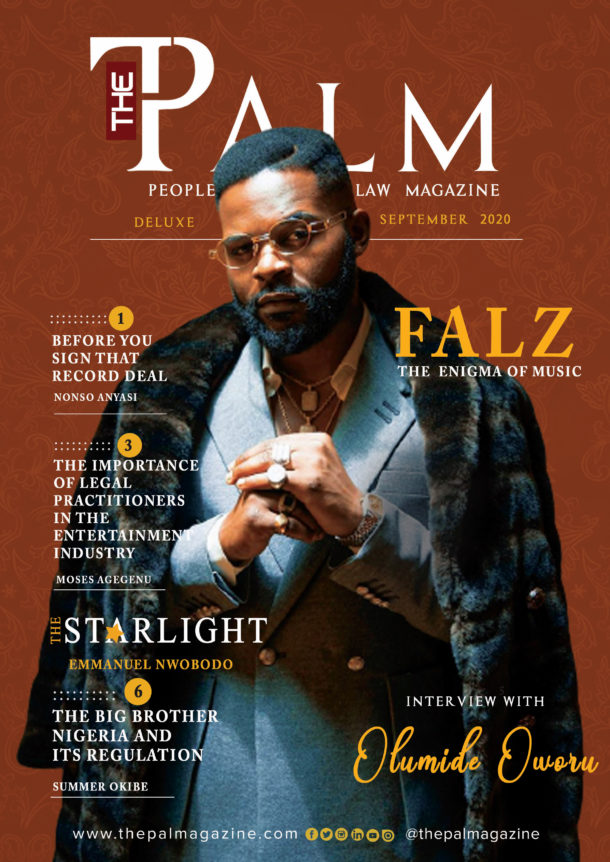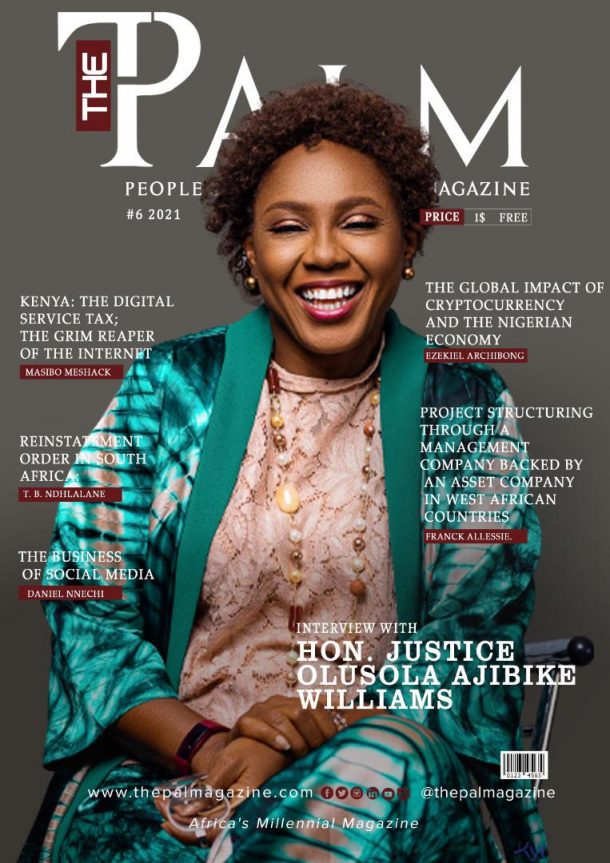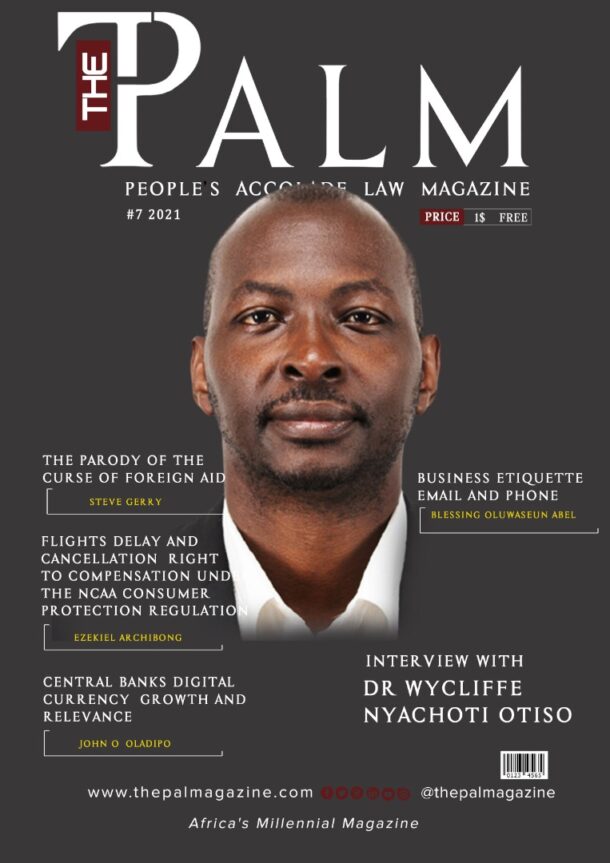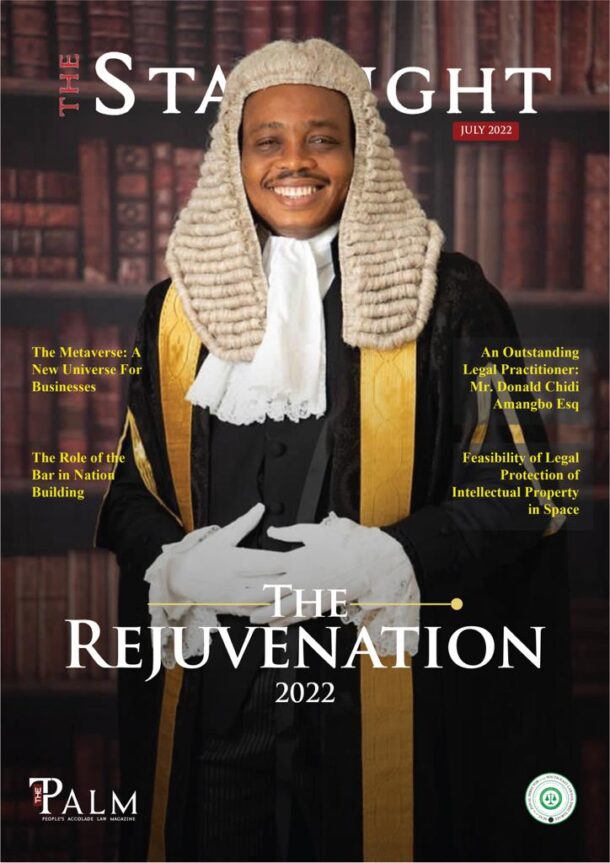Signing a record deal is a significant moment in every artiste’s career. Perhaps, it is a dream come true. A door to stardom. However, this fulfilling moment may veer to the artiste’s worst nightmare if care is not taken. Why do we say so? In the age of information, ignorance is a choice that is too expensive to make. It is against this backdrop that this writer seeks to expatiate on recording contracts, commonly known as record deals, whilst highlighting the indispensable need to contact a lawyer before signing one.
What is a Recording Contract
A recording contract (often referred to as a record deal) is an agreement between a record label or record company and a recording artiste whereby the artiste undertakes to record songs for the record label with a corresponding obligation on the label to sell and promote the songs recorded. Just like any other contract, recording contracts are binding and enforceable. The recording contract covers the detailed terms of their relationship. These include copyright, payment, royalties, promotion, sale, and distribution, etc. Depending on the nature and scope of the intended relationship, recording contracts can be too broad and complex for the artiste to discern and comprehend. Also, they are usually drafted by crafty lawyers to the utmost gain of the record label. Notable clauses are the Release Commitment Clause, Opt-out Clause, 360 Deals, Royalties Sharing, Term and Exploitation period, etc. Hence, it takes a master to decipher a master.
Why Do You Need a Lawyer?
There is no gainsaying that an average African takes pride in being able to perform tasks without external help. This is as a result of the “do-it-yourself” (DIY) mentality which is paramount amongst Africans. DIYbehaviour is often exhibited when one is trying to save costs that would have otherwise been spent on hiring professionals and experts. Whilst DIYmay help in some areas, it is however not advisable to employ DIY in signing a record deal due to the complexities i n v o l v e d a n d c o u p l e d w i t h t h e irremediable effect of a binding contract. Hence, it would be foolhardy for a layman to attempt to perform a task exclusively reserved for experts. Admittedly, many struggling and upcoming artistes are picked from the streets by record labels and given the opportunity of a lifetime in a deal that is sometimes accompanied by flashy perks such as an apartment and/or a car. These artistes, who are used to hustling under the hot sun, hardly think twice before appending their signatures to the contracts and it is not until they have bound It has become habitual for African artistes to regale tales of how they are being exploited and cheated by their record labels. These tales often do not end well for the artistes who are forced to reap the bitter fruits of their lack of due diligence when signing contracts with the record labels. Interestingly, most of these stories have a recurring factor which is that the artiste neglected to contact a lawyer to advise them properly or review the contracts before they hurriedly appended their signatures.
Admittedly, many struggling and upcoming artistes are picked from the streets by record labels and given the opportunity of a lifetime in a deal that is sometimes accompanied by flashy perks such as an apartment and/or a car. These artistes, who are used to hustling under the hot sun, hardly think twice before appending their signatures to the contracts and it is not until they have bound themselves to such obnoxious terms in the contract that they realise that they are not being properly compensated for their true value under their contract. But by then, it would be too late to cry foul as the deed has been done. The law is clear that… click this link to continue reading















